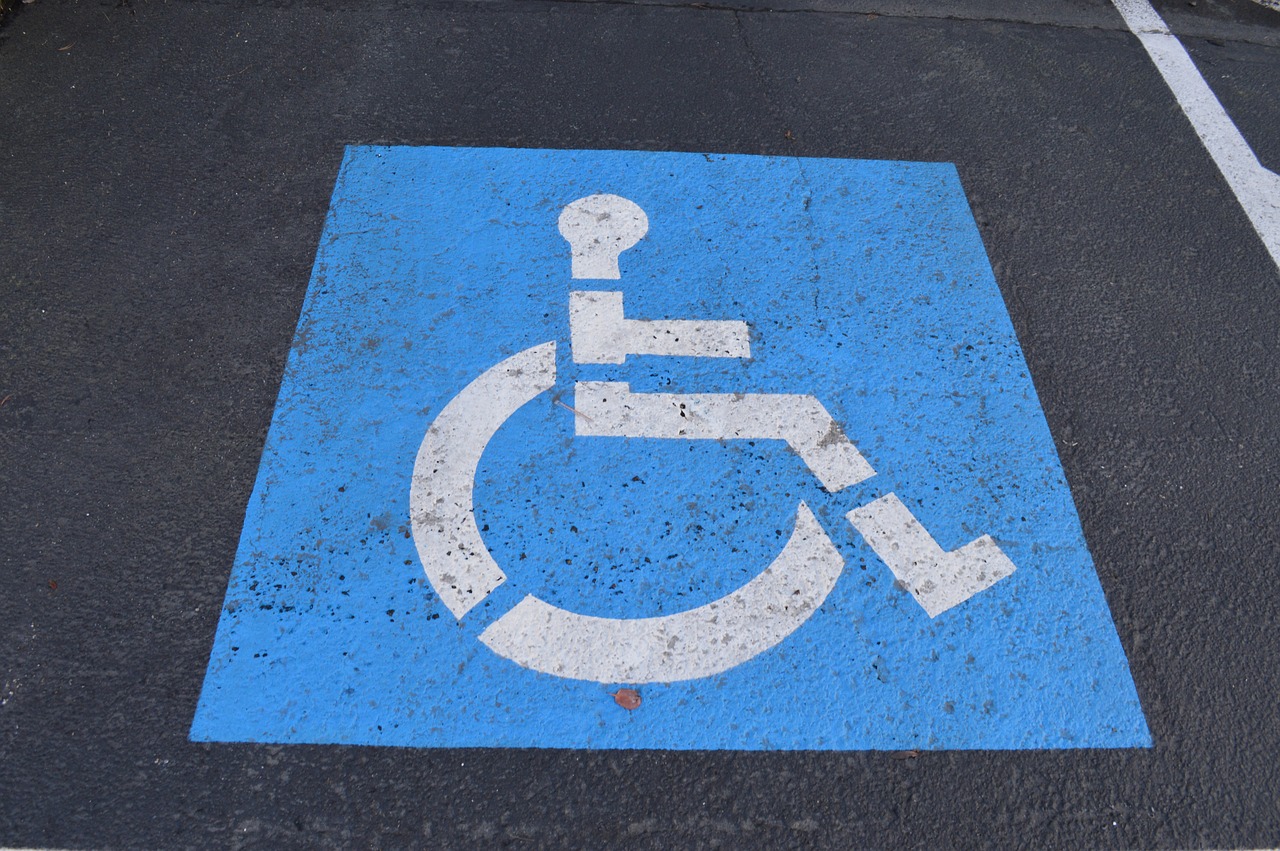 The DOJ has the authority to enforce Title III of The Americans with Disabilities Act (ADA), and those found in violation will be liable for civil monetary penalties. Additionally, the DOJ may initiate a lawsuit to obtain an injunction against the discriminatory activity. Failure to comply with this law can result in a fine of up to $55,000 as well as additional fines that could go as high as $100,00 per day continuing violation.
The DOJ has the authority to enforce Title III of The Americans with Disabilities Act (ADA), and those found in violation will be liable for civil monetary penalties. Additionally, the DOJ may initiate a lawsuit to obtain an injunction against the discriminatory activity. Failure to comply with this law can result in a fine of up to $55,000 as well as additional fines that could go as high as $100,00 per day continuing violation.
What does this mean? Suppose you are found in violation of ADA regulations. In that case, the DOJ can seek damages for the discrimination victim as well as fines to punish an establishment’s lack of compliance with ADA laws. In addition, they can also pursue legal costs on behalf of a discriminated party. To ensure ADA compliance, companies use web tools like accessiBe.
Title III of the Americans with Disabilities Act of 1990, as amended (ADA), establishes requirements for making newly constructed and altered public accommodations accessible to people with disabilities. This law requires the removal of barriers in existing buildings where such removal is readily achievable, i.e., easily accomplishable and able to be carried out without much difficulty or expense.
The purpose of the ADA is to ensure that people with disabilities have access to public accommodations on an equal basis with others. Public accommodations include a wide range of businesses, both private and public, offering goods or services to the public.
Title III covers all types of places of public accommodation, including stores, restaurants, hotels, theaters, health care facilities, museums, libraries, parks, private schools, and daycare centers. Transportation departs from the usual definition of public accommodations. Title III covers transportation services provided by private entities that are not primarily engaged in the business of transporting people, e.g., airport shuttle services operated by hotels and motels.
Title III also applies to recreational areas such as golf courses, zoos, and bowling alleys. State and local government facilities such as courthouses, prisons, homeless shelters, and senior citizen centers are also covered.
The ADA was originally enacted to address discrimination against people with disabilities in the areas of employment (Title I), public accommodations (Title III), and telecommunications (Title IV). More than 25 years ago, Congress passed the landmark civil rights law, which today prohibits discrimination in all 50 states.
The Department of Justice is responsible for enforcing the ADA through investigation, conciliation, and litigation in instances where public entities are not complying with the Act’s mandates. This includes public transportation systems, state and local government services (e.g., courthouses, prisons, homeless shelters), places of public accommodation (e.g., restaurants, hotels, theaters, stores), and telecommunications relay services.
Additionally, the Department of Transportation is responsible for enforcing the ADA with respect to its programs and funding. The Department of Transportation enforces the ADA in air transportation through its authority to certify carriers that are able to provide service to people with disabilities. The Federal Transit Administration is responsible for enforcing Title III in public transit systems.
The DOJ has investigated or filed lawsuits against a number of establishments that have not provided adequate access to people with disabilities. In many instances, the DOJ has entered into consent decrees requiring businesses to correct identified violations and improve their practices.

